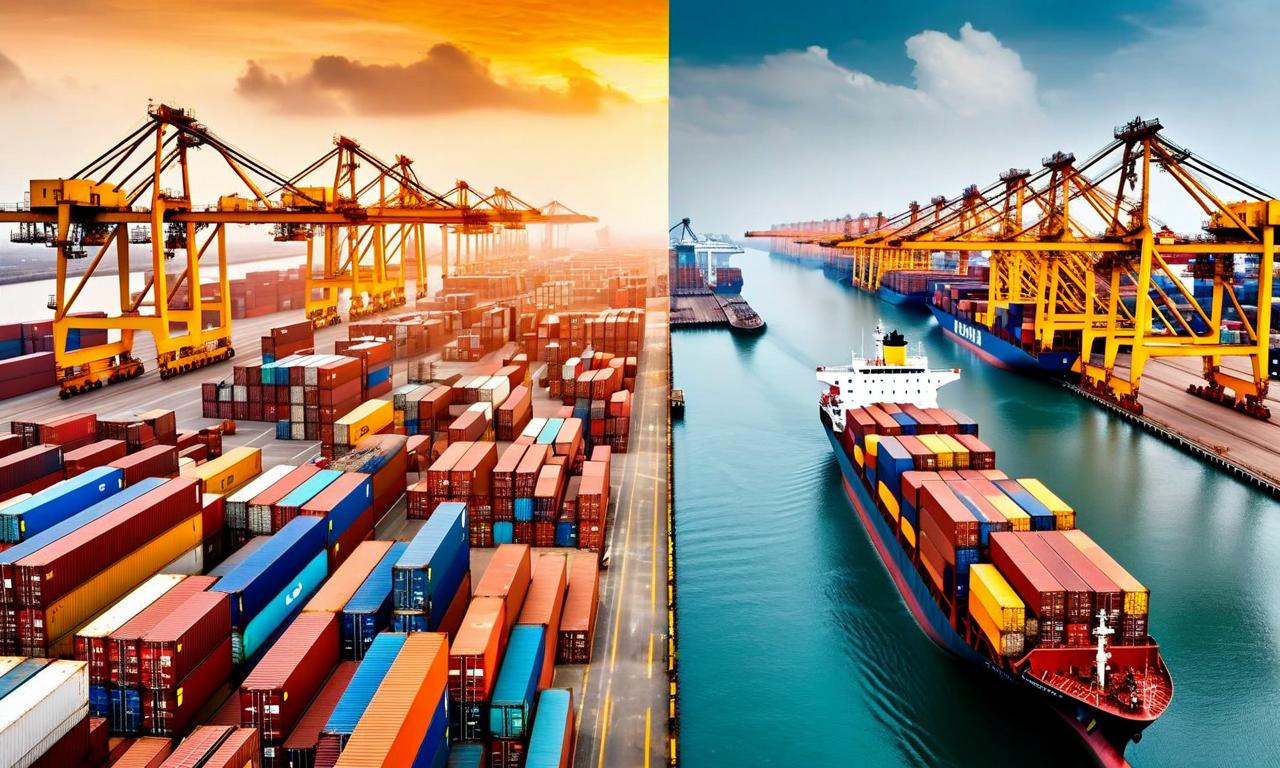Brazil Initiates Retaliation Process Against US 50% Tariffs
Brazilian President Lula da Silva has begun a process to potentially retaliate against 50% tariffs imposed by the United States. Vice President Alckmin announced that the US will be formally notified of Brazil's decision on Friday. The Chamber of Foreign Trade has 30 days to analyze the US measures under Brazil's reciprocity law. If approved, ministries will study potential countermeasures, which could include imposing tariffs on US goods, implementing additional fees, restricting imports, or suspending trade concessions and intellectual property obligations.

*this image is generated using AI for illustrative purposes only.
Brazilian President Luiz Inacio Lula da Silva has set in motion a process to potentially retaliate against the 50% tariffs imposed by the United States. This development marks a significant escalation in the ongoing trade tensions between the two nations.
Key Developments
- Vice President Geraldo Alckmin announced that the US government will be formally notified of Brazil's decision on Friday.
- The plan was formulated during a meeting between President Lula and cabinet ministers on Wednesday.
- Brazil's move is designed as an initial step to encourage dialogue before potentially escalating into a full-fledged trade war.
Process and Timeline
Brazil's response to the US tariffs will follow a structured process:
- The Chamber of Foreign Trade has up to 30 days to analyze the US measures.
- The analysis will determine if the US actions fall under the reciprocity law passed by the Brazilian Congress.
- If approved, a group of ministries will study potential countermeasures.
Potential Countermeasures
If Brazil decides to proceed with retaliation, the country has several options at its disposal:
- Imposing tariffs on US goods
- Implementing additional fees
- Restricting imports from the US
- Suspending trade and investment concessions
- Suspending intellectual property obligations
Legal Basis
The Brazilian government is basing its actions on the reciprocity law, which allows the country to respond to unilateral actions that harm its international competitiveness.
Implications
This move by Brazil signals a strong stance against what it perceives as unfair trade practices. The situation underscores the delicate balance of international trade relations and the potential for escalating tensions between major economies.
As this situation develops, it will be crucial to monitor the responses from both sides and the potential impact on global trade dynamics. The coming weeks will be critical in determining whether this dispute can be resolved through dialogue or if it will lead to more severe economic consequences for both nations.
























